
Delaware, the First State in the Union, may be small in size, but it has been home to a notable array of individuals who have made significant contributions to various fields. In this blog post, we’ll introduce you to seven famous Delawareans who have left an indelible mark in areas ranging from politics and sports to entertainment and literature.
Joe Biden, the 46th President of the United States, has strong ties to Delaware, where he served as a U.S. Senator for 36 years. His presidency marks a historic moment in American politics.
Elena Delle Donne, a professional basketball player, was born in Wilmington. Her accolades include WNBA MVP awards, Olympic gold medals, and a reputation as one of the league’s top players.
Aubrey Plaza, the versatile actress and comedian, hails from Wilmington. Her deadpan humor and acting talents have made her a standout in both film and television, with roles in “Parks and Recreation” and “Ingrid Goes West.”
Howard Pyle, an influential illustrator and author, lived in Wilmington and founded the Brandywine School of art. His work had a significant impact on American illustration and storytelling.
Valerie Bertinelli, a well-known actress and television personality, was born in Wilmington. Her career includes roles in popular TV shows like “One Day at a Time” and “Hot in Cleveland.”
George Thorogood, the renowned blues-rock musician, was born in Wilmington. He and his band, The Destroyers, are known for hits like “Bad to the Bone” and have a dedicated fan base.
The Delaware Tribe of Indians, an indigenous people with a rich history in Delaware, has made significant contributions to preserving their heritage and culture. They continue to have a presence in the state and the broader Native American community.
These seven famous Delawareans represent the state’s diverse contributions to politics, sports, entertainment, and the arts….

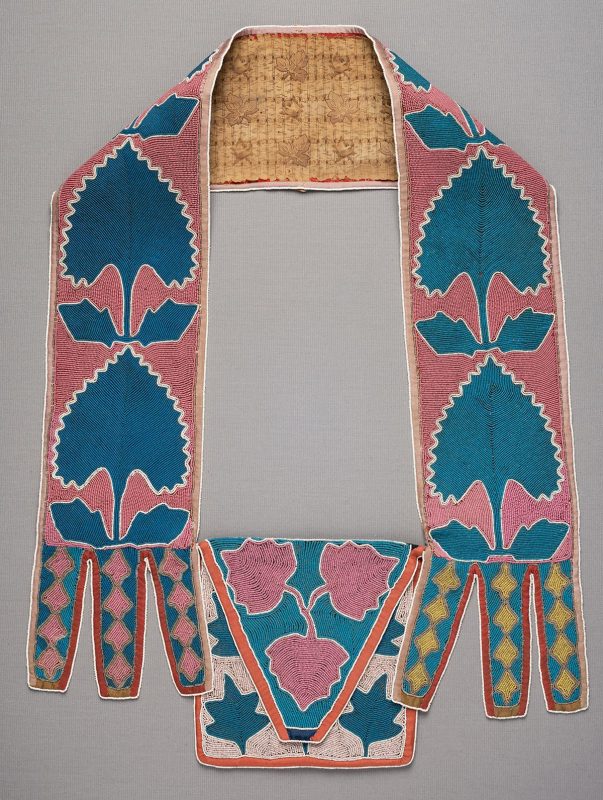

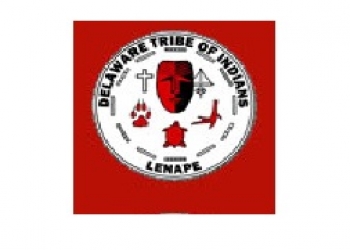
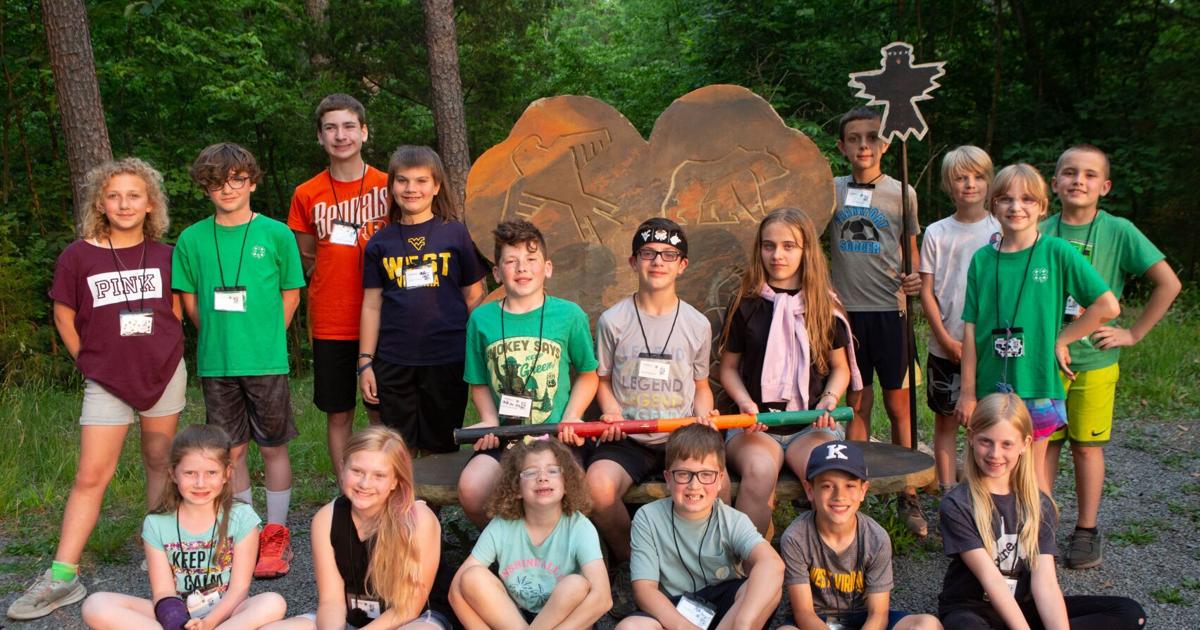
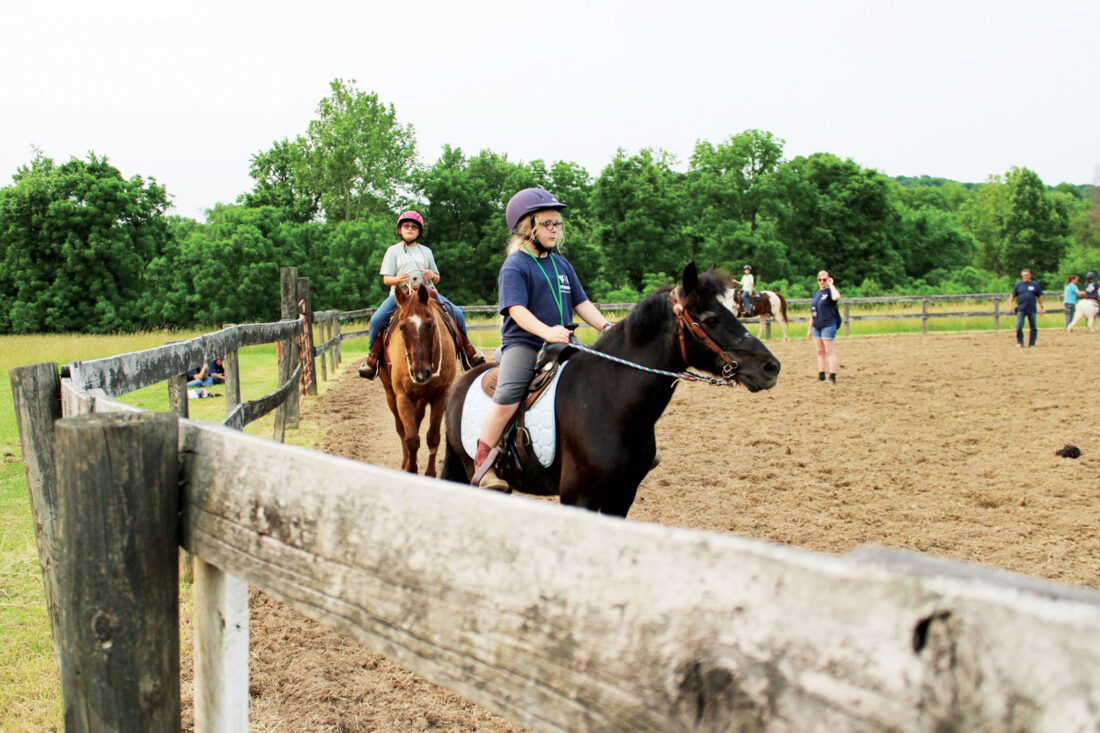


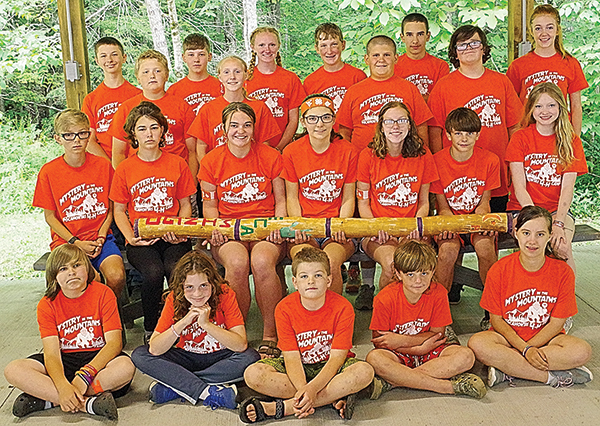
 Cherokee: front row, l to r: Kegan Calhoun, Ayla Fanning, Rufus Morgan, William Shifflett and Lia Miner. Second row: Tyler Friel, Abbilynn Turner, Andrea Alderman, Elizabeth Friel, Kynlee Wilfong, George Shifflett and Berkley Buzzard. Third row: Joseph McClure, Brantley Cox, Max Chamberlain, Makenna Marsh, Jessica Armstrong, Silas Dean, Levi Hill, Ezra Bond, Colton Cassell and Ramona Hardy.
Cherokee: front row, l to r: Kegan Calhoun, Ayla Fanning, Rufus Morgan, William Shifflett and Lia Miner. Second row: Tyler Friel, Abbilynn Turner, Andrea Alderman, Elizabeth Friel, Kynlee Wilfong, George Shifflett and Berkley Buzzard. Third row: Joseph McClure, Brantley Cox, Max Chamberlain, Makenna Marsh, Jessica Armstrong, Silas Dean, Levi Hill, Ezra Bond, Colton Cassell and Ramona Hardy.  Delaware: front row, l to r: Isabella McClure, Maggie Wilfong, Aaron MacGregor and Elizabeth McClure. Second row: Eli Beezley, Emma Anderson, Claire Kelk, Hunter Cheek, Haley Spencer, Luke Gainer, TD Sparks, Khloe Gainer and Zara Fanning. Third row: Weston Cassell, Ahna Valach, Eowyn Smith, Abigail Stewart, Fayla Wilfong and Quinn MacGregor. Back row: Abby Bauserman, Quincy Sharp, Carter Faulknier, Luke Taylor, Dallas Sharp, RT Hill and Coleton Taylor.
Delaware: front row, l to r: Isabella McClure, Maggie Wilfong, Aaron MacGregor and Elizabeth McClure. Second row: Eli Beezley, Emma Anderson, Claire Kelk, Hunter Cheek, Haley Spencer, Luke Gainer, TD Sparks, Khloe Gainer and Zara Fanning. Third row: Weston Cassell, Ahna Valach, Eowyn Smith, Abigail Stewart, Fayla Wilfong and Quinn MacGregor. Back row: Abby Bauserman, Quincy Sharp, Carter Faulknier, Luke Taylor, Dallas Sharp, RT Hill and Coleton Taylor.  Mingo: front row, l to r: Shelldon Maitland, Ace Gregory, Natalie Sisler, Bentlee Gladwell, Canden Lambert and Carmen Warner. Second row: Marcus Bauserman, Riyan Gladwell, Caitlin Mallow, Grace Beverage, Melinda Beverage, Rya Barlow and Mazie Monico. Third row: Kya Arbogast, Cora Baldwin, Morgan Smith, James Monico, Trey Sattler, Noah Dilley, Erin Rider and AJ Bauserman. Back row: Eden Smith, Katelyn Stull, Carly Chamberlain, Morgan Beverage, Ben Workman, Kirsten Friel and Abigail Taylor.
Mingo: front row, l to r: Shelldon Maitland, Ace Gregory, Natalie Sisler, Bentlee Gladwell, Canden Lambert and Carmen Warner. Second row: Marcus Bauserman, Riyan Gladwell, Caitlin Mallow, Grace Beverage, Melinda Beverage, Rya Barlow and Mazie Monico. Third row: Kya Arbogast, Cora Baldwin, Morgan Smith, James Monico, Trey Sattler, Noah Dilley, Erin Rider and AJ Bauserman. Back row: Eden Smith, Katelyn Stull, Carly Chamberlain, Morgan Beverage, Ben Workman, Kirsten Friel and Abigail Taylor.  Seneca: front row, l to r: Parker Burns, Kylor Brock, Brysen Cox, Lane Wilfong, Crickett Gregory, Tyler Faulknier and Gracie Irvine. Second row: Mackenzie White, Victor Dean, Jaryd Wilfong, Hannah Burks, Caleb Ritter, Ava Fields and Riley Hamons. Third row: Richard White, Layla Highland, Hayden Reed, Bobby Lee Gray, Makiya Burns, Emma Sacca, Natalie Irvine, Camden Gregory, Mia Valach, Irelyn Withers, Savana Sharp, Arabella Wade, Grayson Barlow, Jaxon Cassell and Sienna Hamons.
Seneca: front row, l to r: Parker Burns, Kylor Brock, Brysen Cox, Lane Wilfong, Crickett Gregory, Tyler Faulknier and Gracie Irvine. Second row: Mackenzie White, Victor Dean, Jaryd Wilfong, Hannah Burks, Caleb Ritter, Ava Fields and Riley Hamons. Third row: Richard White, Layla Highland, Hayden Reed, Bobby Lee Gray, Makiya Burns, Emma Sacca, Natalie Irvine, Camden Gregory, Mia Valach, Irelyn Withers, Savana Sharp, Arabella Wade, Grayson Barlow, Jaxon Cassell and Sienna Hamons.  Big Feet: front row: Tracey Valach,…
Big Feet: front row: Tracey Valach,…



